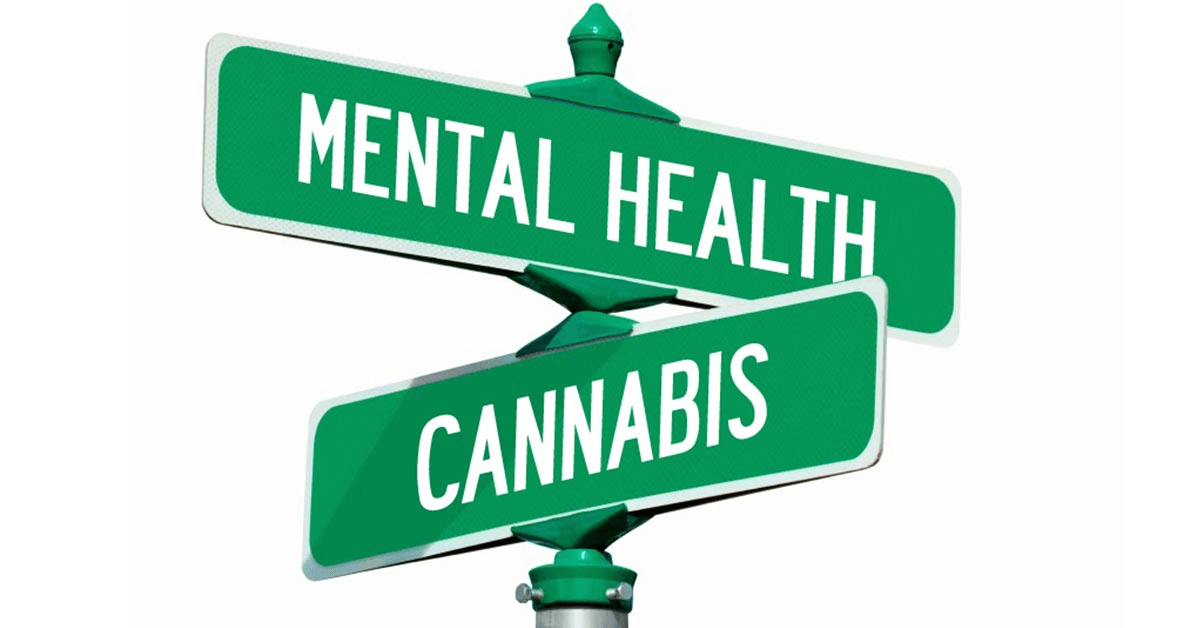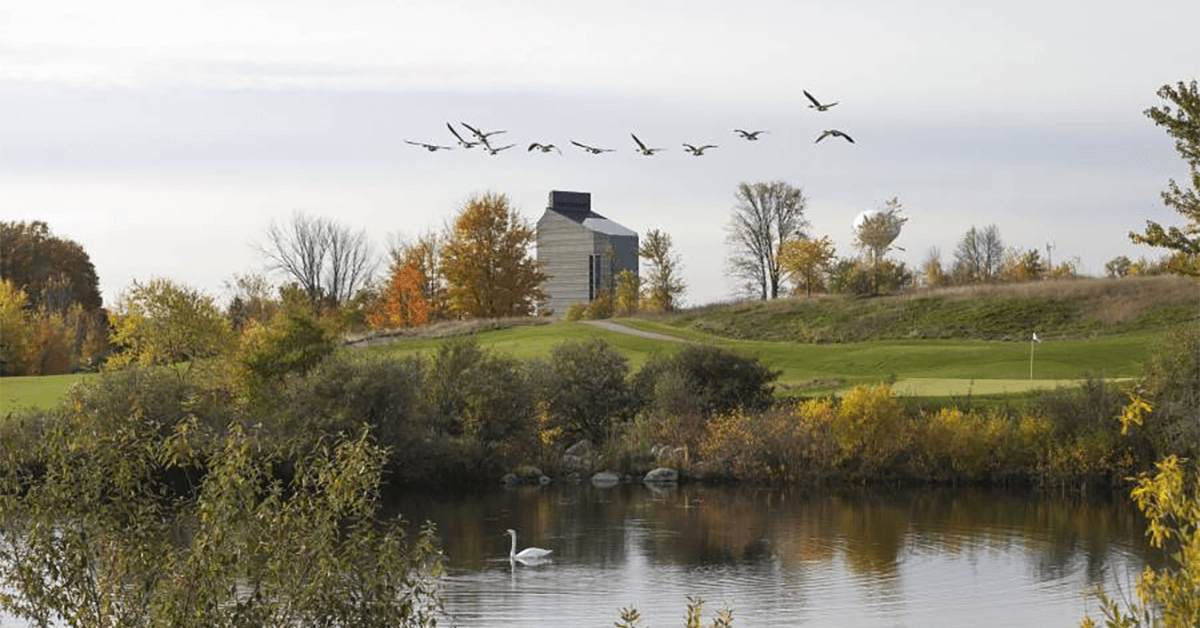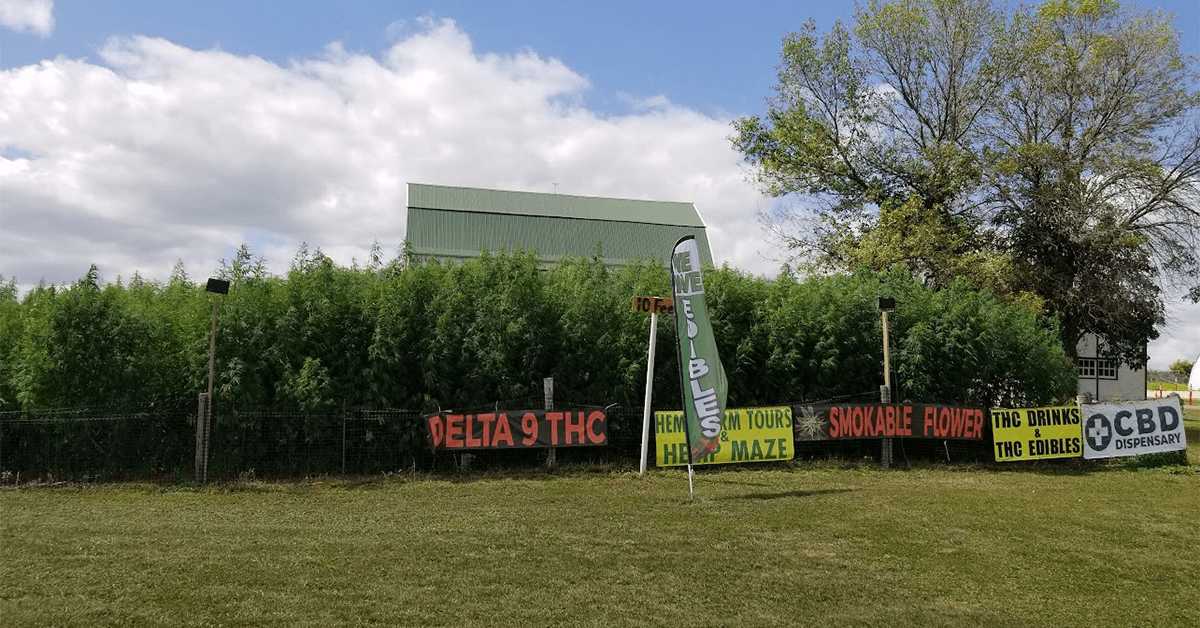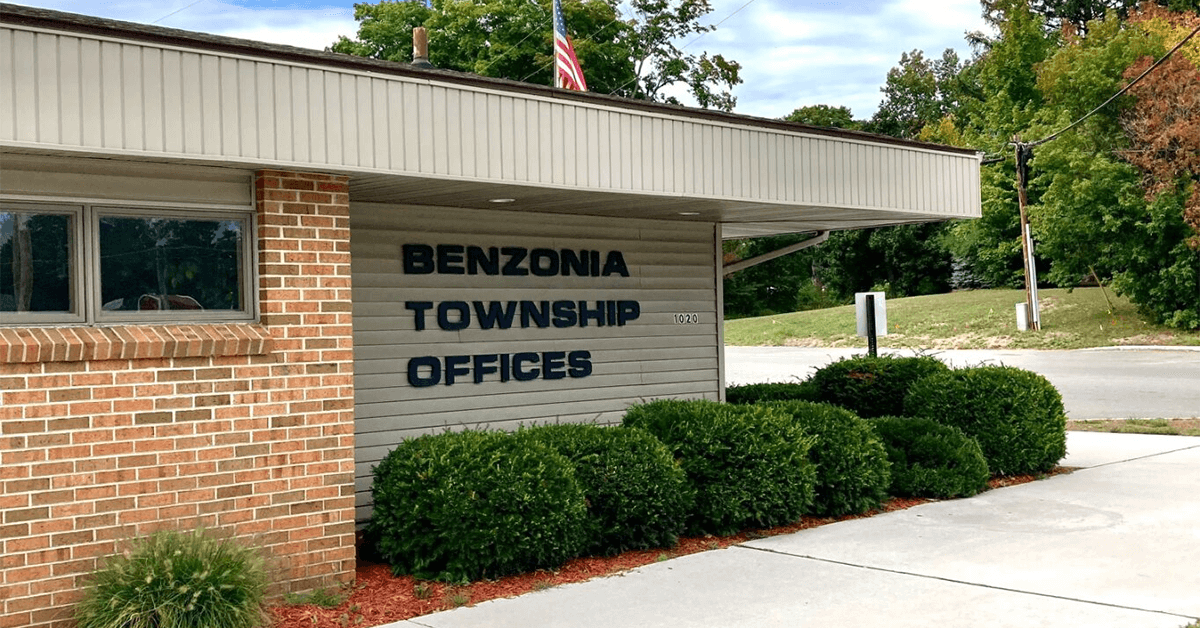Concerns Over Cannabis' Impact on Mental Health Raised in Dickinson County

During a Dickinson County Board meeting on Monday, a mental health professional addressed potential negative effects associated with cannabis use. The intention was not to challenge Michigan's legalization of cannabis, but to shed light on associated risks.
Diedra Hinds-Springstroh, a nurse practitioner offering telehealth services for Northpointe Behavioral Healthcare System, emphasized the lack of medications available to treat cannabis addiction. Citing data from the Hazelden Betty Ford Foundation, Hinds-Springstroh noted that research suggests approximately 9% of cannabis users develop an addiction. This rate increases for individuals who begin using at a young age or consume cannabis daily.
Hinds-Springstroh referenced studies that link chronic cannabis use to mental health issues, including potential connections to psychosis. "It's something to put out there," she said, expressing concerns that the use of other substances could amplify these risks. She highlighted the surge in emergency room visits among youth due to overdoses from cannabis-infused edibles, such as gummies.
While acknowledging the medical benefits of cannabis, Hinds-Springstroh stressed the importance of recognizing the risks associated with recreational use. Commissioner Ann Martin, a member of the Northpointe Board who invited Hinds-Springstroh to present her concerns, pointed out that only a small portion of marijuana tax revenues is allocated to substance abuse prevention and treatment.
Share this article:
Spotted a typo, grammatical error, or a factual inaccuracy? Let us know - we're committed to correcting errors swiftly and accurately!








 Helpful Links
Helpful Links